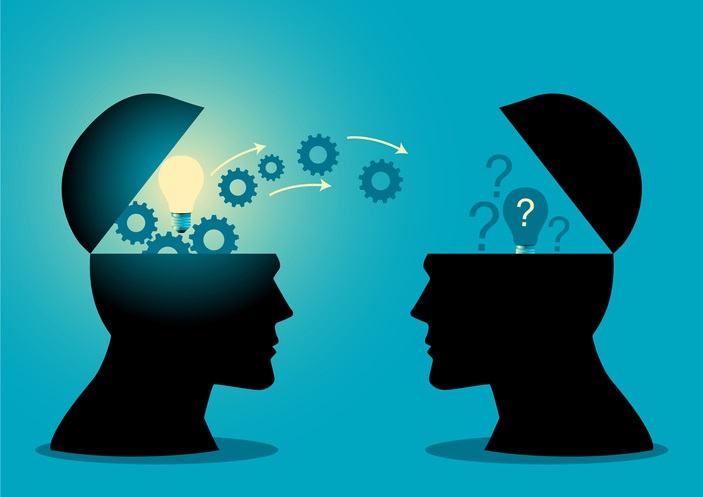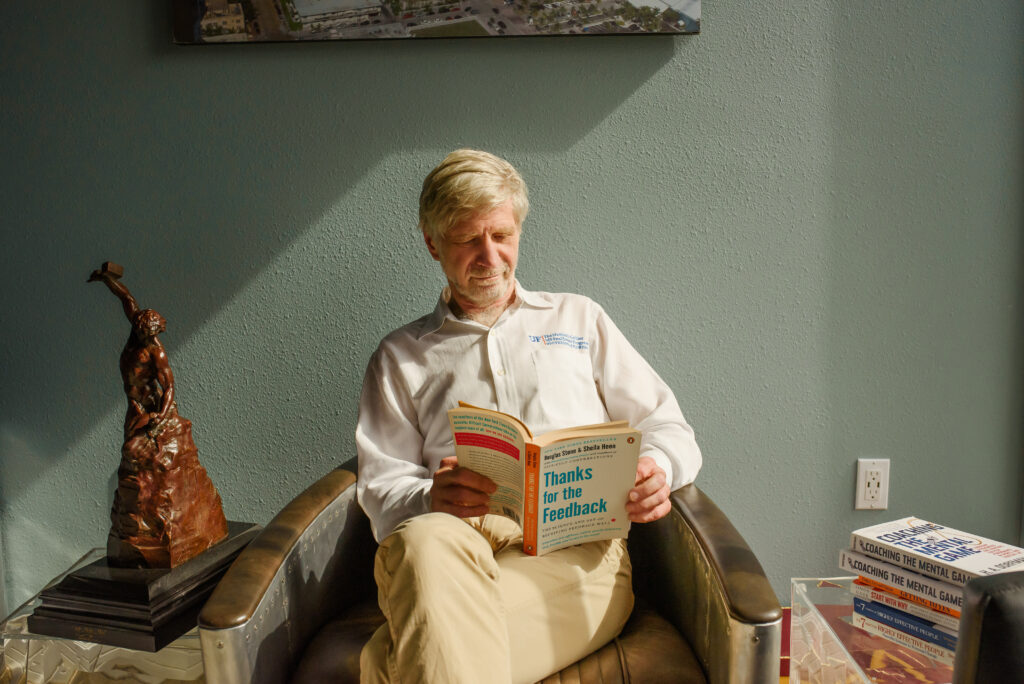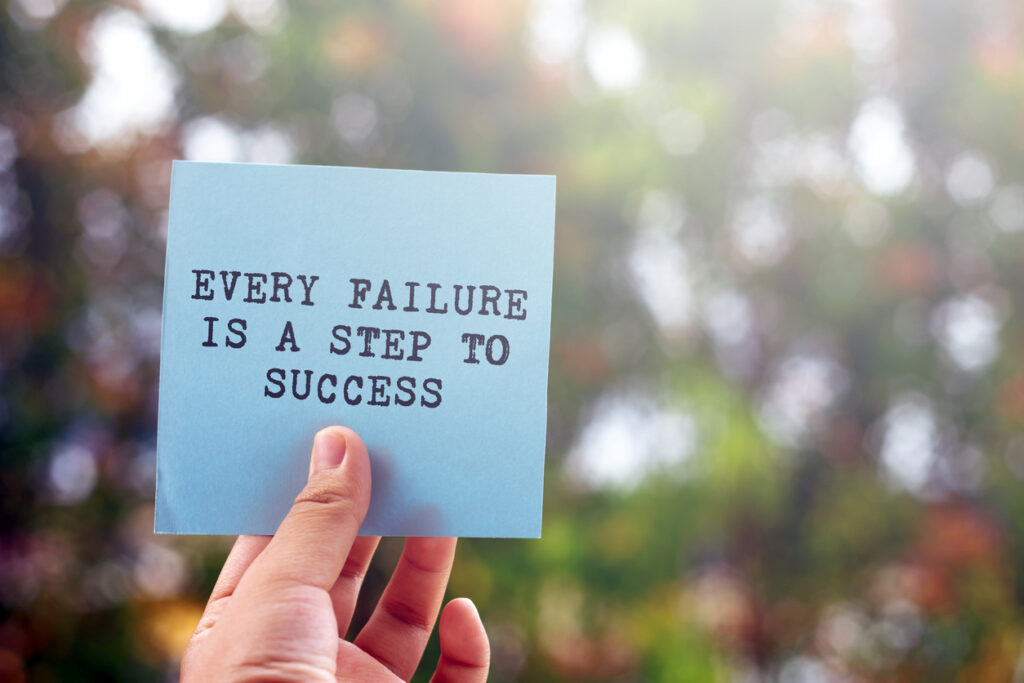The “Expert Blind Spot” refers to the tendency to forget how much you know, how challenging a subject matter can be to a novice, to assume that a new learner’s comprehension is greater than it is in reality. I have personally committed this error. Every year, I teach case studies to the incoming Master’s of Real Estate students at the University of Florida. Recently I received this excellent feedback/coaching:
“Let me offer a suggestion. It is very hard for someone of your experience and engagement to appreciate how little is the experience of the typical student. You present great questions that are challenging to the students but assume that they have a background of market and property information to make informed responses.”
The solution is generally simple and obvious: go slower, repeat more, give more pre-class prep material, conduct more post class confirmation follow-up. The key is continual awareness and to do as well as we know. Plus have helpful folks around you willing to give you good feedback!
Closing Quotes:
“I hear and I forget. I see and I remember. I do and I understand.” – Confucius, 551–479 BC
“Learning is an active process. We learn by doing… Only knowledge that is used sticks in your mind.” – Dale Carnegie, 1888-1955, How to Win Friends and Influence People
“We learn 10% of what we read, 20% of what we hear, 30% of what we see, 50% of what we both hear and see, 70% of what is discussed, 80% of what we experience personally, 95% of what we teach to someone else.” – William Glasser, 1925-2013 (psychiatrist and developer of W. Edwards Deming’s workplace ideas, reality therapy, and choice theory)
As always, I share what I most want and need to learn. – Nathan S. Collier
Additional Reading:
Expert Blind Spot: When Content Knowledge Eclipses Pedagogical Content Knowledge Mitchell J. Nathan1, Kenneth R. Koedinger2 and Martha W. Alibali3 1University of Colorado, na*****@*************do.edu 2Carnegie Mellon University 3University of Wisconsin-Madison The importance of content knowledge on proficiency in teaching practices is well documented (Borko et al., 1992; Shulman, 1986). But is this statement completely unimpeachable? Are there drawbacks for teaching that are specifically due to subject matter expertise? In this paper we draw on evidence from mathematics and language arts education to show ways that advanced knowledge in a content area can lead to notions about learning that are in conflict with students’ actual developmental processes. This underscores the need for empirically based theories of instruction, and for teachers to integrate assessment practices in their classroom curricula that have the potential to challenge their assumptions about mathematical development in their students.
THE NATURE OF EXPERTISE Before the launching of the cognitive science research program in the 1950’s, experts were considered to be a different breed from others. They were regarded as more intelligent, with greater memory capacity, and superior intellectual resources (Ericsson & Smith, 1991). However, careful research into the reasoning processes of experts as they performed both familiar tasks, and related but unfamiliar tasks, has shown that experts function with the same internal constraints as non-experts. Elevated performance levels were shown to be due to the acquisition of vast amounts of well-organized, domain-specific knowledge; intense, long-term practice within a narrow field; and exploitation of regularities of familiar tasks (Ericsson & Smith, 1991). Expertise is not without its problems, however. Think aloud reports from experts and novices show that experts are less likely to have access to memory traces of their cognitive processes when engaged in tasks within their domain of expertise (Ericsson & Simon, 1984). This appears to be due to the automatization of certain cognitive processes in experts.





